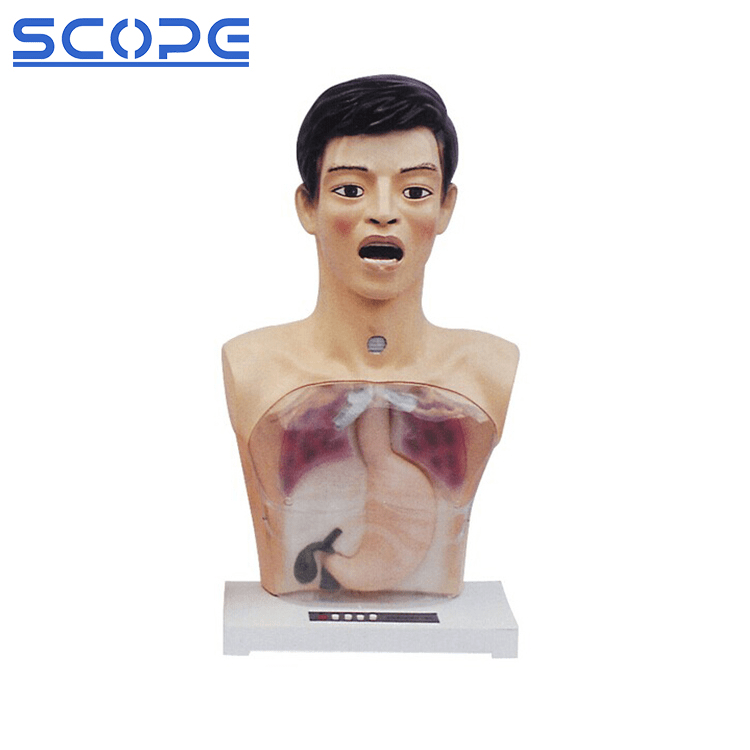Aside from specific techniques, nursing training manikins have a wealth of potential for developing essential skills that extend beyond the technical aspects of patient care. Here's a closer look at what you can learn from practicing with these versatile training tools.s:
Technical Skills
- Psychomotor skills:Improve your hands-on skills in catheterization, wound care, medication administration, and other procedures through realistic practice opportunities.
- Clinical assessment:Refine your ability to identify signs and symptoms, take vital signs, and monitor patient responses to interventions.
- Procedural accuracy and efficiency:Gain confidence and proficiency in performing a variety of technical tasks, resulting in smoother execution and better patient outcomes.
Cognitive Skills
- Critical thinking and problem-solving:Analyze simulated scenarios, assess patient data, and make informed decisions using your medical knowledge and clinical judgment.
- Priority setting and time management:Prioritize tasks effectively and manage time efficiently in the context of patient care demands.
- Clinical reasoning and decision-making:Learn to interpret clinical data, make diagnoses, and implement evidence-based interventions.
Interpersonal Skills
- Communication and active listening: Improve communication skills through simulated patient interactions, including assessing needs, conveying information clearly, and actively listening to concerns.
- Empathy and compassion: Develop empathy and understanding for patients' experiences through safe interactions, leading to a more patient-centered approach to care.
- Professionalism and collaboration: Develop effective teamwork and collaboration skills in simulated clinical settings.
Personal Skills
- Confidence and self-assurance: Repeated practice with manikins boosts confidence in your technical skills and clinical judgment, preparing you for real-world scenarios and increasing your self-esteem as a nurse.
- Stress management and resilience: Simulating challenging situations improves stress management and adaptability skills in clinical settings.
- Reflective practice and continuous learning: Analyzing your performance on manikins promotes self-reflection and continuous learning, allowing you to identify areas for improvement and refine your skills throughout your career.
Remember that the skills you learn from nursing training manikins are dependent on your commitment to practice, willingness to learn and adapt, and commitment to professional development. By utilizing these versatile training tools, you can build a well-rounded skill set that prepares you not only for the technical aspects of nursing, but also for the interpersonal, cognitive, and personal demands of this rewarding career path.

